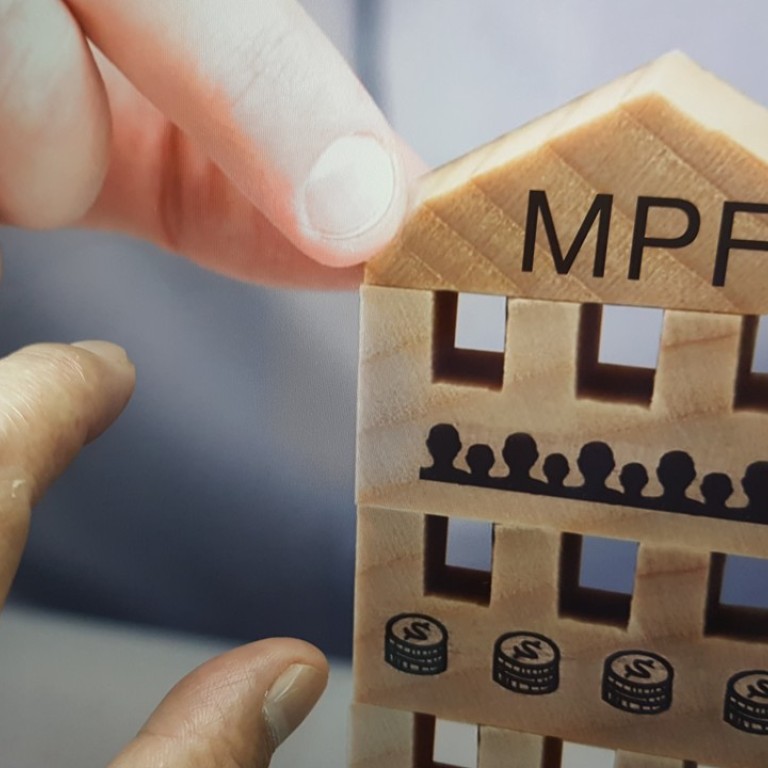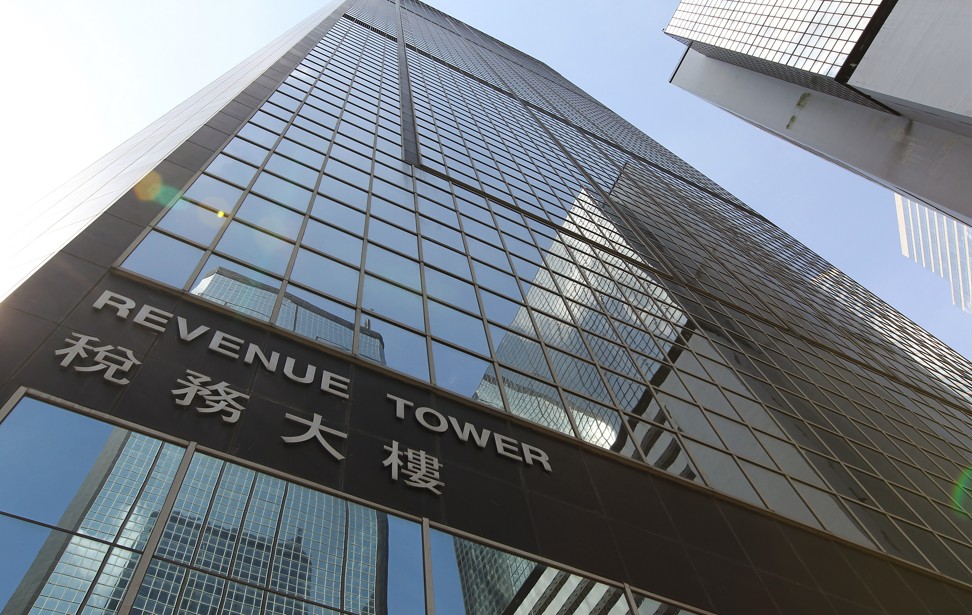
Hong Kong government pushes annuity plan and HK$36,000 tax break as part of move to get residents saving for retirement
Proposals could save Hongkongers as much as HK$6,120 a year, but low earners might end up missing out
The Hong Kong government has suggested giving city residents a tax break of up to HK$36,000 (US$4,600) per year to encourage them to save more for retirement.
It is the administration’s latest idea to incentivise saving, as the population ages. Almost a third of residents are predicted to be aged 65 or over by 2041.
The break would apply to people who voluntarily top up their Mandatory Provident Fund (MPF) account, or save with deferred annuities – which would allow them to turn accumulated savings into a stable stream of income over a period of time.

According to plans submitted to the legislature’s Panel on Financial Affairs on Tuesday, the tax reduction would only apply on those deferred annuity products with a total premium of at least HK$180,000, and a minimum payment period of five years.
“To encourage people to save a small sum regularly for a stable stream of post-retirement income, the eligible minimum total premium should not be too high to exclude low-income earners, nor too low for generating meaningful income payouts,” the paper read.
Lawmaker Chan Kin-por, representing the insurance sector, suggested the maximum tax deductible limit should be raised from HK$36,000 to HK$60,000 to make the plan more attractive.
Meanwhile, Professor Chou Kee-lee, the chair professor of social policy at the Education University of Hong Kong, said the proposed deduction might only appeal to the middle class.
A single taxpayer who receives a monthly salary of HK$60,000 would be able to claim the maximum limit and save up to HK$6,120 per year. But those who are earning HK$15,000 a month could only claim the deduction of HK$9,000, saving up to just HK$180 a year.
“High earners – exactly those who have the ability to save more for retirement – might find the proposal attractive as they could create a pension for themselves by purchasing the deferred annuity,” Chou said.
Extra billions in social welfare spending ‘failing to meet needs’ of Hong Kong’s ageing population
“But that is not the case for the low-income citizens as the tax savings are limited. They may have to rely on the MPF, or the Old Age Living Allowance.”
8 per cent of Hong Kong retirees used MPF funds to help their children buy property, finds survey
The minimum annuity period would be at least a decade to make it meaningful for retirement planning, the government said, and one could start taking the payout at the age of 50.
The paper added the proposed plan would not overlap with the public annuity scheme to be launched in July, which targets retirees aged 65 or above who could afford to pay a lump sum premium from HK$50,000 to HK$1 million.
In a bid to encourage further savings, the government has planned to expand the tax deduction – which currently only covers MPF mandatory contributions by employees – to their voluntary contributions as well, as long as citizens put them in a separate Tax Deductible Voluntary Contribution account.
Hong Kong to launch retirement annuity scheme in July as it eyes an ageing population
Executive Council member Dr Lam Ching-choi, chairman of the government’s Elderly Commission, said the plan was a good move to encourage Hongkongers to purchase annuity products, which he said had been well received in society.
“Some seniors in Hong Kong are in fear of living a long life as they do not have sufficient money to sustain that, but annuity products would exactly offset that concern,” he said.

